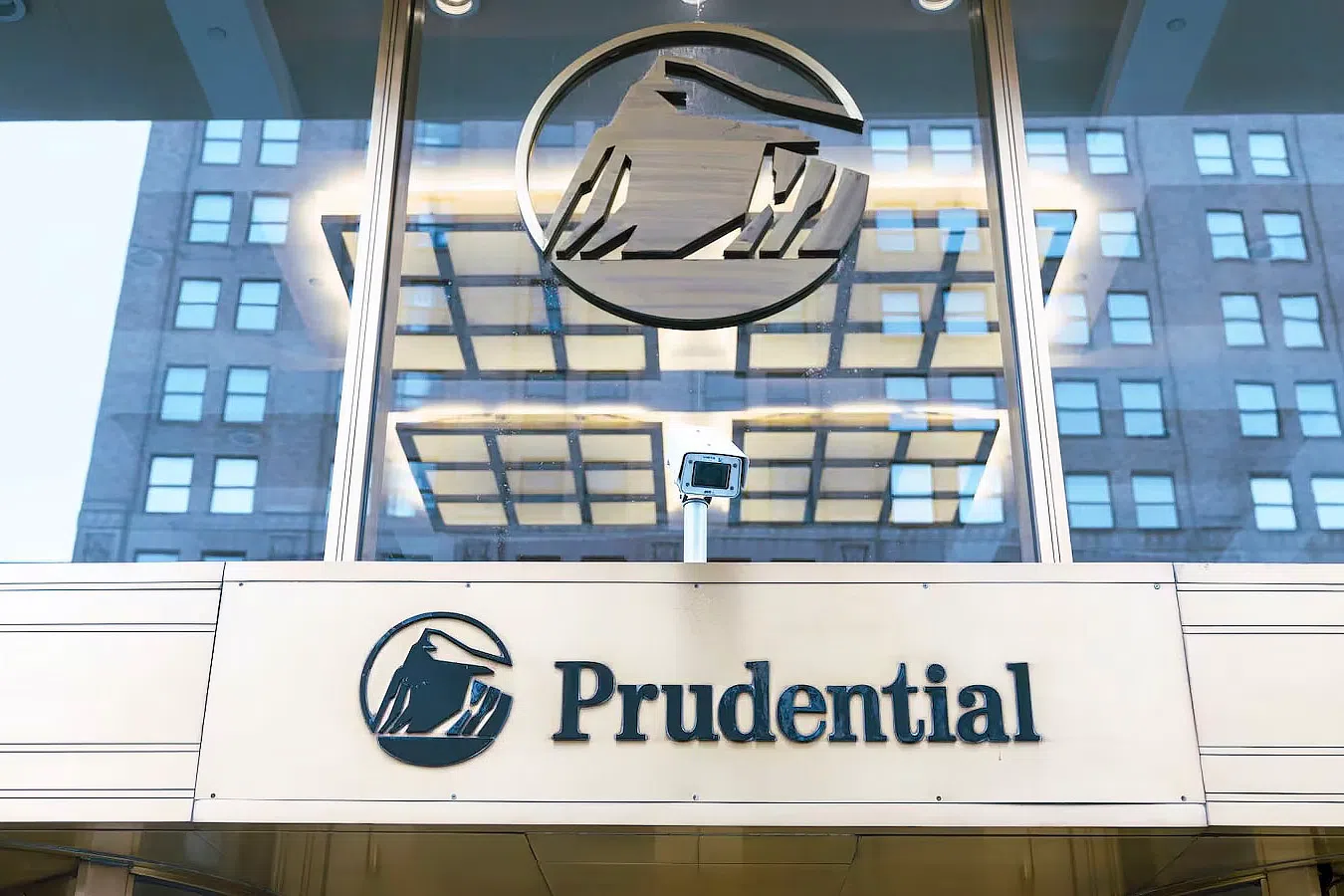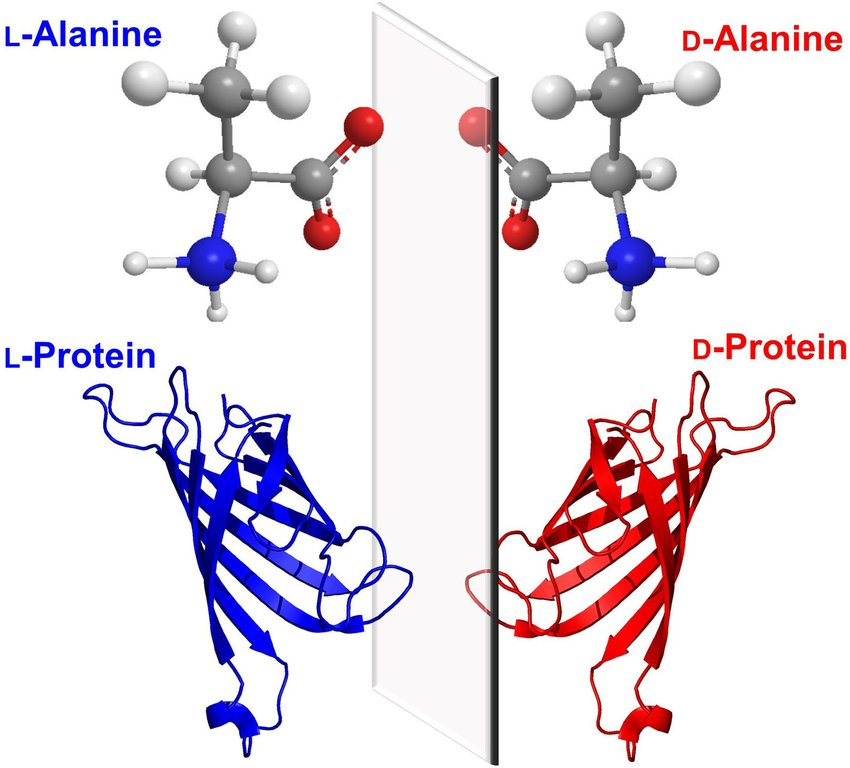PRUDENTIAL Financial promoted Andy Sullivan to succeed Charlie Lowrey as chief executive officer amid a broader shakeup of the insurer’s top management ranks.
Sullivan, 54, who held leadership positions in all of Prudential’s businesses since he joined in 2011, will take the helm at the end of March, the company said on Tuesday (Dec 3) in an emailed statement. Lowrey, 66, will remain as executive chairman for 18 months after that.
Vice-chair Robert Falzon, a former chief financial officer, will leave the board before retiring in July, after more than four decades with Newark, New Jersey-based Prudential.
“We have created over the past six years a very strong foundation for the company,” Lowrey said in an interview. “The range of opportunities ahead of us is virtually unlimited.” This combination makes it “precisely the right time to hand over to Andy and the new leadership team,” he said.
Prudential shares fell 0.87 per cent to US$126.05 at 9.46 am in New York on Wednesday.
In his six years as CEO, Lowrey streamlined the insurer with multibillion-US dollar deals, including the sale of an annuities subsidiary to Fortitude Group Holdings and the disposal of its full-service retirement business to Empower Retirement. He also lowered the firm’s market sensitivity with several reinsurance agreements, and managed to reduce its cost base by more than US$750 million annually just four years into his mandate – a year ahead of schedule.
BT in your inbox
Start and end each day with the latest news stories and analyses delivered straight to your inbox.
Still, Prudential’s stock has lagged behind rivals amid Lowrey’s overhaul. The shares have gained 36 per cent during his tenure, while the 23-company S&P 500 Insurance Index more than doubled in that span.
The insurer was bitten by its US$2.35 billion acquisition of startup Assurance IQ in 2019, which Prudential shuttered this year after losses and multiple writedowns.
At the same time, the CEO boosted Prudential’s technology capabilities, sealing partnerships with AI-driven companies, and sought to increase the company’s footprint in emerging markets, for instance by buying a stake in South Africa’s Alexander Forbes.
Under Lowrey’s leadership, Prudential teamed up with Warburg Pincus to create a new Bermuda-based reinsurer, Prismic. The deal helped boost Prudential’s capital efficiency by offloading its own long-duration assets, while diversifying business by providing flow reinsurance as well as asset management services through its PGIM unit.
“Among many other achievements, Charlie was the principal architect of a complex strategic transformation that has positioned Prudential to be a nimble, dynamic, and high-growth company for years to come,” Michael A Todman, the insurer’s lead independent director, said in the statement.
Nuclear submarine
Sullivan was previously in the Navy, serving as an officer on the USS Nebraska nuclear submarine before joining the insurance industry with stints at Cigna Group and CareFirst BlueCross BlueShield. At Prudential, he started in the group insurance business before taking the helm of the company’s US operations. Last year, he assumed responsibility for Prudential’s international businesses alongside the oversight of the global investment management operations.
Caroline Feeney, who has led the firm’s US businesses since 2021, is taking over Sullivan’s international responsibilities in the newly created role of global head of insurance and retirement. She and Jacques Chappuis, who’s set to join from Morgan Stanley as CEO of PGIM next year, will both report to Sullivan.
Asset management is a priority for the incoming CEO.
“Any and all types of private credit capabilities where we can create better yield backing our insurance liabilities” is a key focus, Sullivan said in the interview. “We very much plan to grow our insurance and retirement business in concert with the increasing and improving capabilities in our asset management platform.”
The search for higher returns has become critical in recent years amid an intensifying rivalry between traditional life insurers, such as Prudential, and their private equity-owned counterparts, which have benefited from the origination capabilities and investment returns of their owners.
“We’re well positioned,” Lowrey said, reflecting on the competitive landscape. “But there are new entrants, and we need to be cognisant of that.” BLOOMBERG







